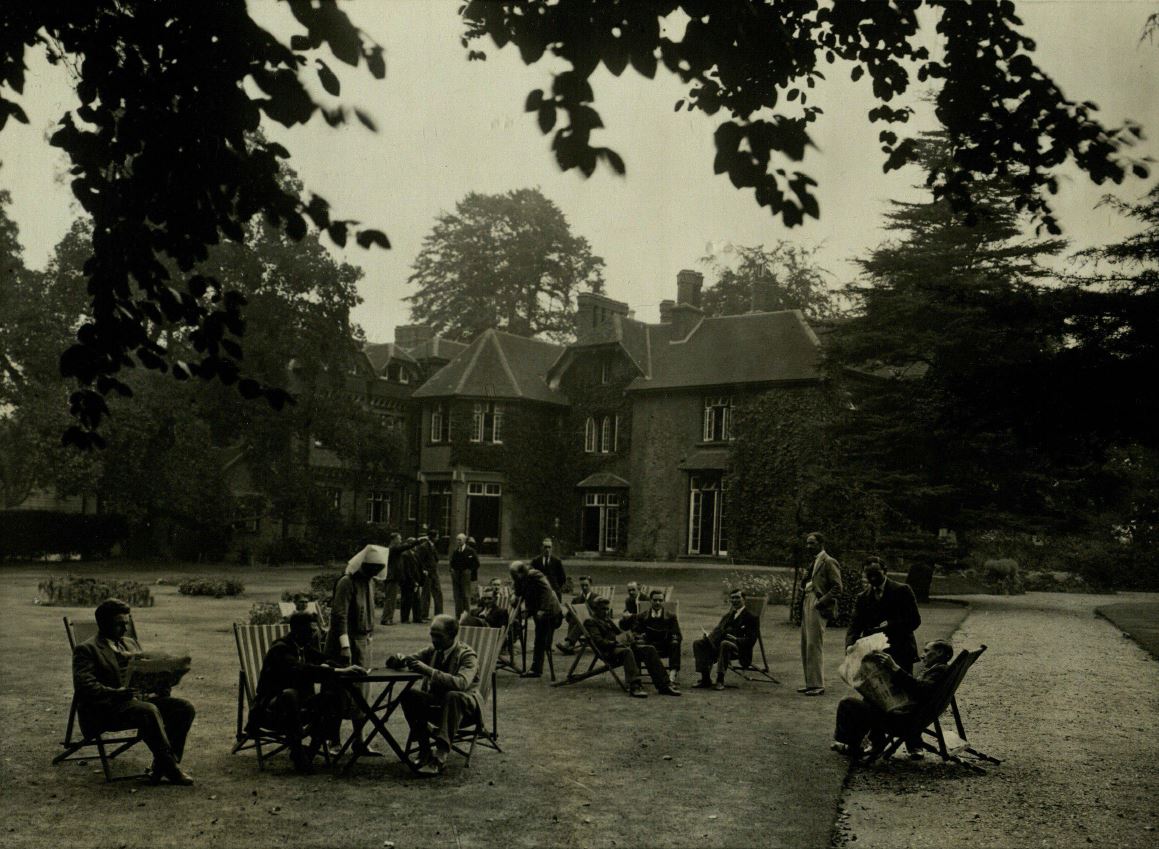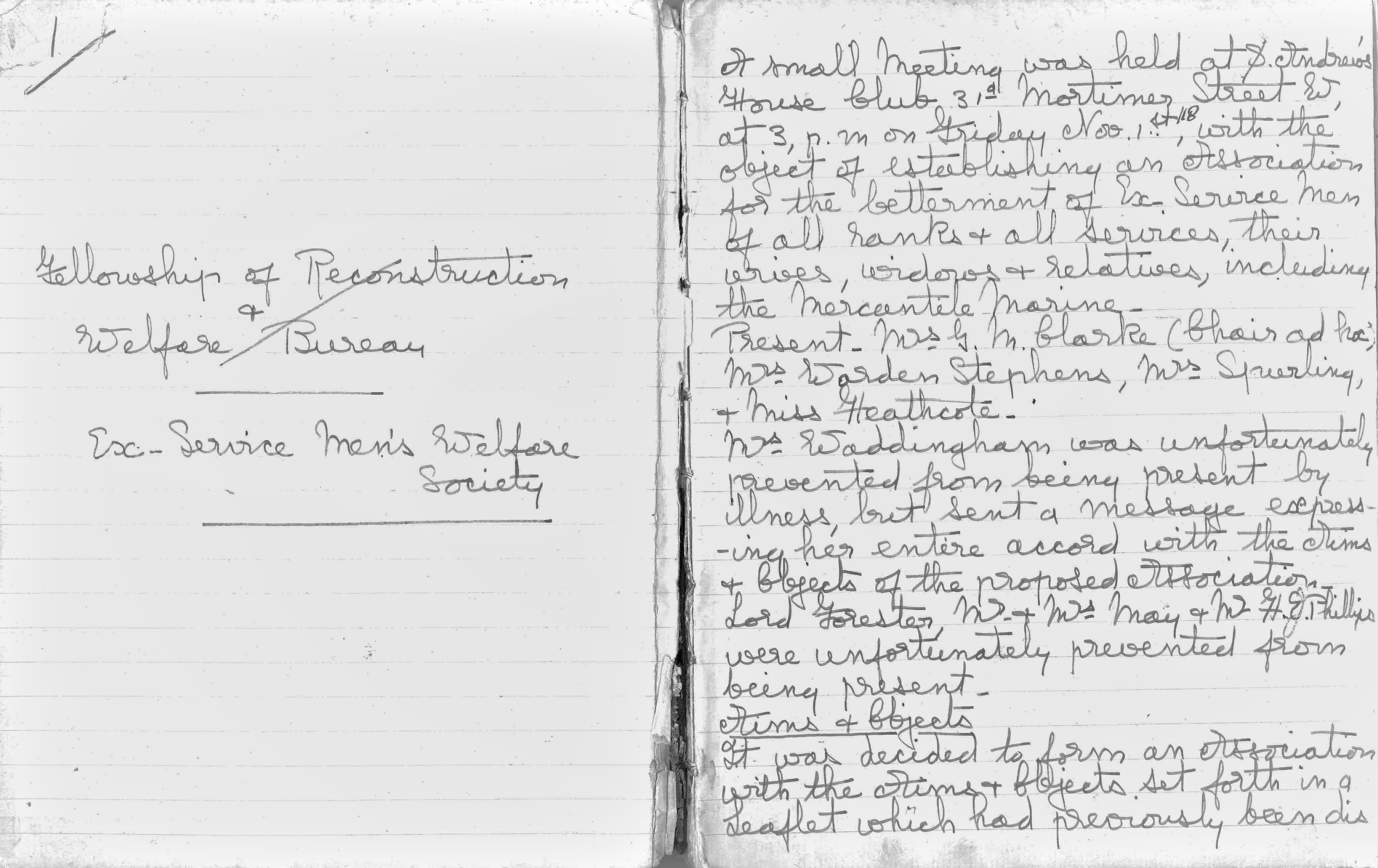International Women's Day: the women who founded Combat Stress
The legacies of the women who founded Combat Stress
This International Women’s Day (8 March) we’re celebrating the legacies of the women who founded Combat Stress over 100 years ago. They have helped to raise awareness of combat-related mental health conditions such as PTSD, reduce the stigma surrounding mental health problems and ensure that veterans across the UK can get the support they need and deserve. What’s more, not only did these women work selflessly to help veterans affected by military trauma but demonstrated pioneering qualities that are remarkable to this day and would have been particularly exceptional in 1918, when they began their mission.
Helping end the stigma
The group of pioneering women aimed to set up the charity after the First World War to provide a recuperative home to veterans with mental health problems. At the time, veterans were returning from war to a society with little understanding of the impact of combat on mental health – in fact, even the concept of mental health was highly misunderstood in the 1900s. Sadly, veterans with what we now know and understand to be PTSD often ended up in mental hospitals (known at the time as asylums). However, our founders noticed this injustice and they fought – despite their positions – to change this, helping prevent veterans from ending up in asylums, providing them with adequate support and helping them leave the battlefield behind.
The founders of Combat Stress
We thank every founder for coming together to create what we now know as Combat Stress, especially the women who held that very first meeting. They selflessly put the wheels in motion to ensure veterans could get the mental health support they needed and were treated with the respect and dignity they deserved.
The founders, as stated in a later meeting in May 1919, were as follows:

- Mrs Waddingham (Chair)
- Mrs GM Clarke (Hon Organiser)
- Miss NG Heathcote (Hon Secretary)
- Mrs Blunt Beames
- Mrs Charles King
- Major Pells
- Mr Jones Allen
- Mr GJ Neal
(Pictured: Eden Manor - our first countryside home)
Support more veterans today
A donation from you today can help us provide life-changing treatment and support to more veterans with complex mental health problems. Thank you for your support.

